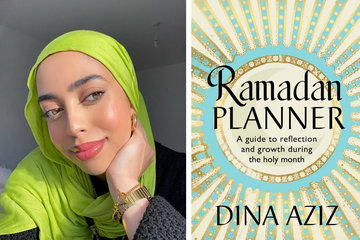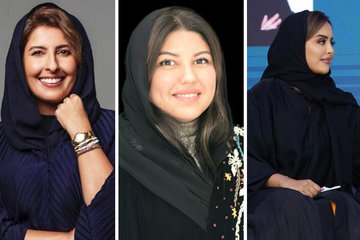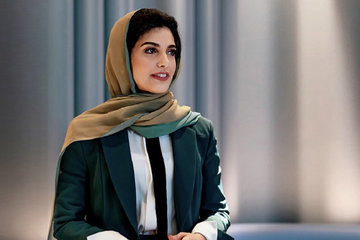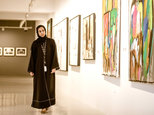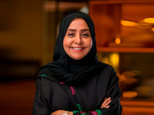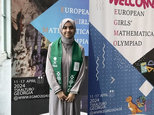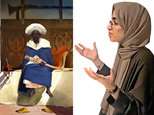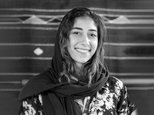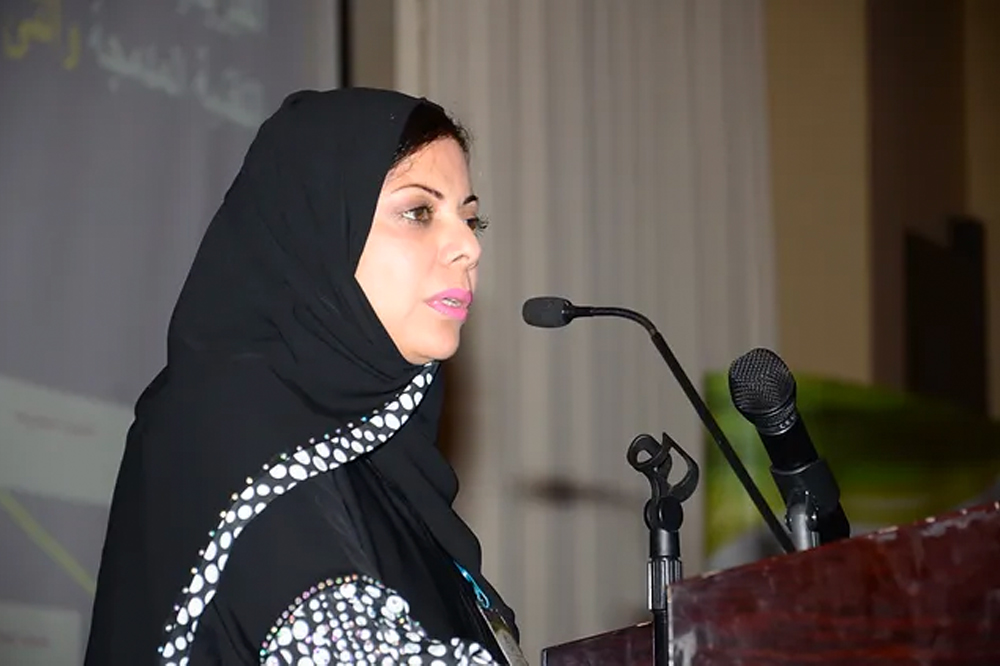
In all aspects of life, women's empowerment has been a crucial topic of discussion for several decades now, and has become an integral part of many development agendas in many countries around the world.
Zooming in to Saudi Arabia, we have seen an immense influx of truly inspirational success stories that range from science to sports. Each portraying a powerful role model for little girls everywhere.
While many media outlets and international publications have been championing that more prominently recently, Saudi women were always there, always breaking ceilings, even decades ago.
Let’s take a step back, several steps back, and travel to the mid-1980s. A young Saudi woman named Fatmah Baothman enrolls in the University of Arizona to enhance her English language skills. Little did she know, she would pave a great, great road for Saudi women decades later.
Her fascination with computers began when she encountered a machine in the United States that would help her learn English. Fatmah Baothman was intrigued by the world of computing, and that’s where her interests led her to Artificial Intelligence.
Dr. Fatmah Baothman is actually the first woman in the Middle East to earn a PhD in Artificial Intelligence, setting the standard way before AI was a buzzword used prevalently in innovation talks and conferences. A true trailblazer, she is now an Associate Professor at King AbdulAziz University, and has been at the educational established for almost 40 years now.
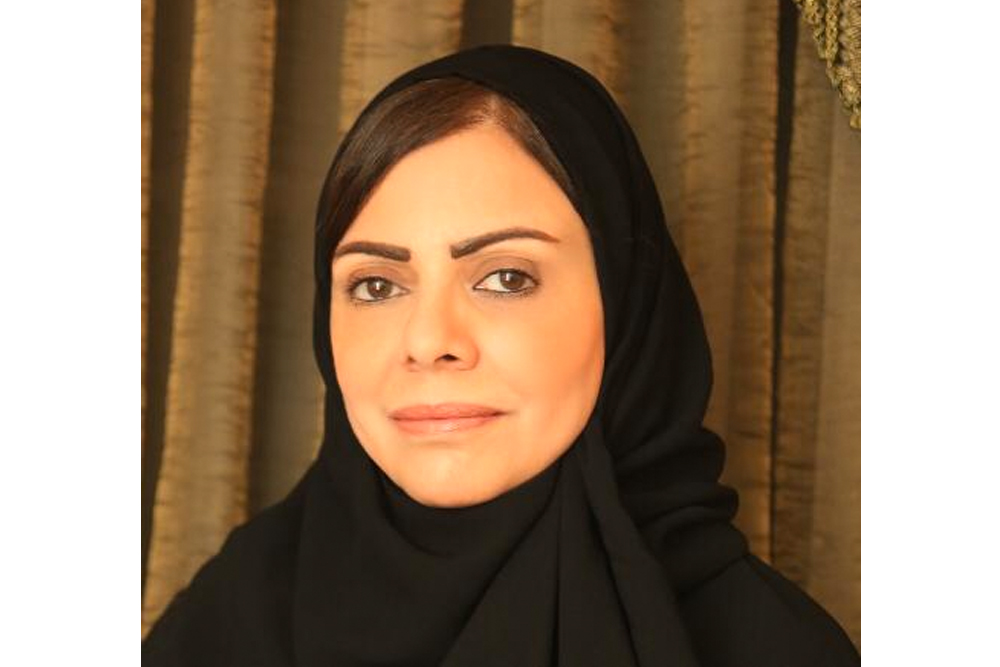
In an online interview, she talks about how her father was a tremendous step in supporting her throughout her computing journey.
Dr. Baothman says to Forbes, “He bought me the first desktop IBM machine, which I still have. That machine was my window into the virtual world. Over time, I started learning about AI, discovering what it was about, and I got excited about how it was going to change the world, how beautiful it was going to be. At the beginning of the journey, I felt like Alice in Wonderland.”
After she graduated from the University of Arizona, she went back to Saudi Arabia to work at King AbdulAziz University. Her impact on the educational establishment was monumental, as she founded the Women’s Department, part of the Computer Science College. Dr. Baothman then became the first female teaching assistant faculty member at the university.
It is exciting to note how impactful her actions were because there was little resources available to women and she had to push through to make it happen. She talks about how in the early days; it wasn’t easy to access computers and software resources, as digital libraries were unusual in the region.
But that didn’t stop her. She continues, “To learn, I traveled to different countries - my suitcase had more books than dresses. In Saudi Arabia, conferences and workshops were not easily accessible to women. For women to attend a conference, high-level governmental permission had to be requested in advance. My father used to accompany me to conferences. Computers were also very expensive to own, but with family support I was able to have one.”
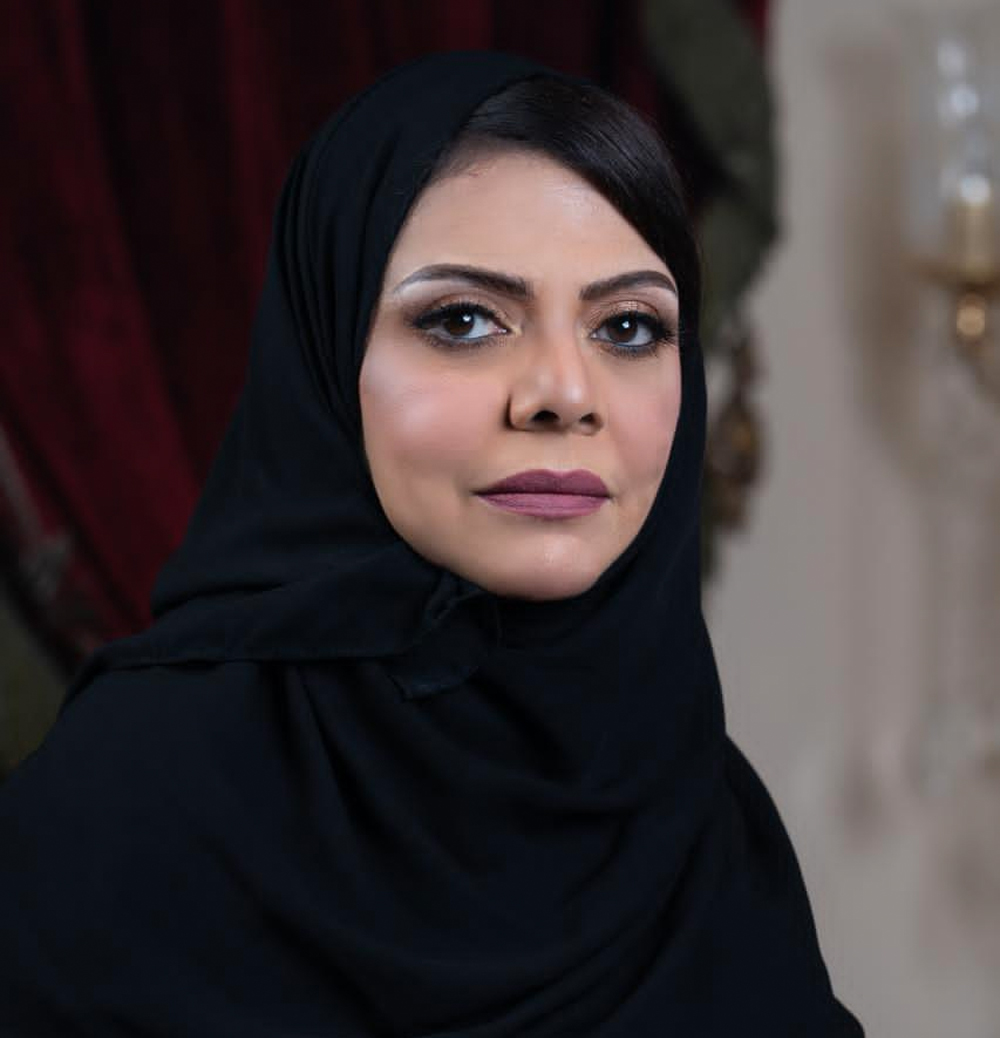
After that, she pursued her Ph.D degree from The University of Huddersfield, the School of Computing and Engineering in the United Kingdom. In 2003, exactly 10 years, she made history. Her thesis towards the end tackled a very interesting topic: “phonology-based automatic speech recognition for Arabic,” and for that, she was awarded with distinction.
Dr. Baothman now is the founder and board member of the AI Society in Saudi Arabia, and with that foundation, she is helping the surrounding women that are interested in Artificial Intelligence and Blockhain Tech.
The Saudi powerhouse spends her time advocating for women position within the context of technology and Saudi Vision 2030, as she states in an interview with Forbes, “We need to see more women involved and in leading positions for AI and disruptive technology to maximize how AI supports the 2030 vision for the kingdom.”
In AI, the data it generates is fed to it by humans, and so ensuring more women are involved in these processes helps improve technology tools, no matter how much they develop. Dr. Baothman attests to that, as she states, “Women’s contributions to developing policies and algorithms are two important issues because women form more than half the population and they bring different perspectives to the table.”



